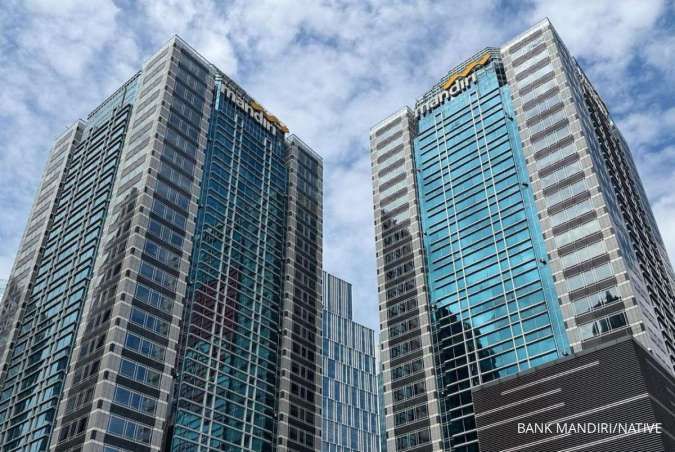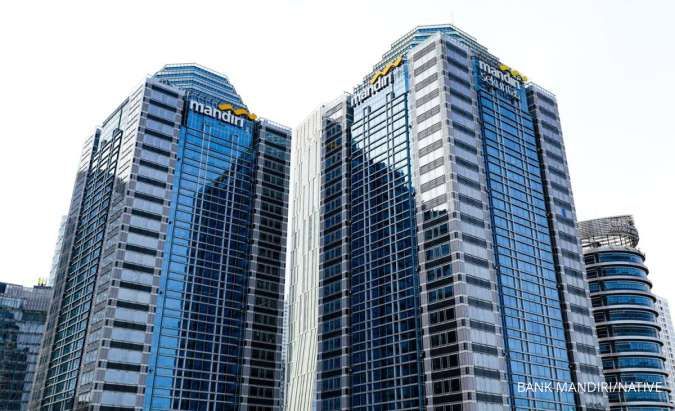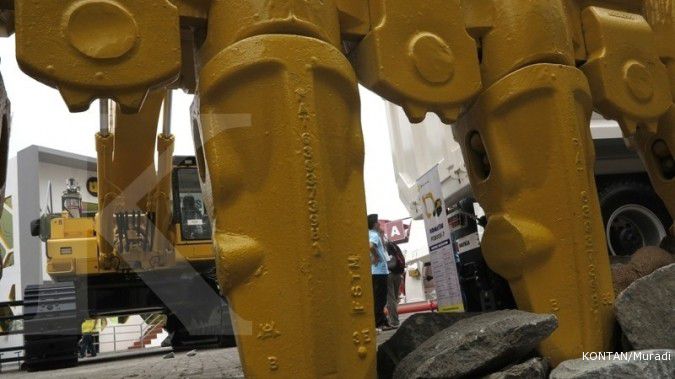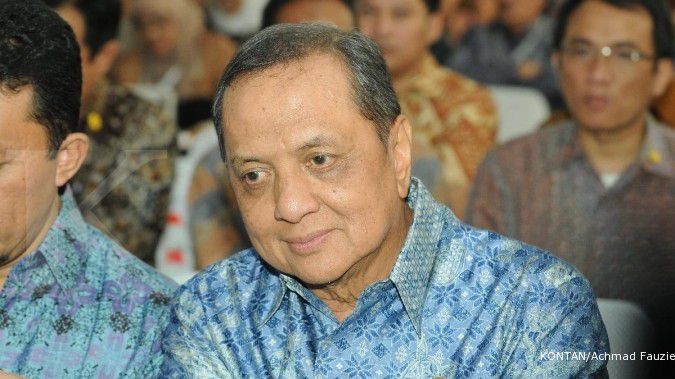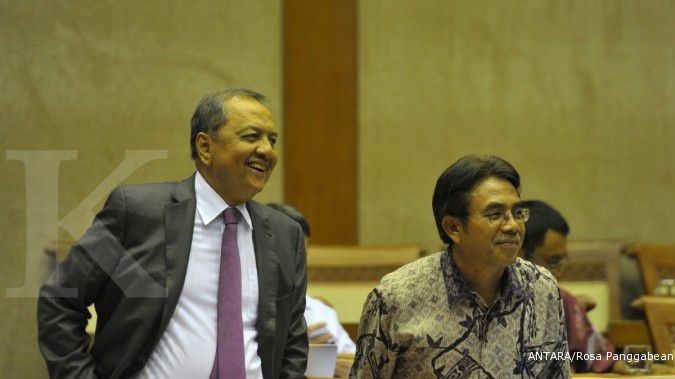JAKARTA. Investment Coordinating Board (BKPM) chairman Mahendra Siregar downplayed the severe impact of the phasing out of US quantitative easing (QE) on Indonesia’s economy, saying that the country would instead benefit from the stimulus reduction program. “When the situation returns to ‘normal’, then Indonesia will be back on the radar as a sustainable destination for long-term direct investments,” Mahendra said recently in an interview at his Jakarta office. “More people will soon be focusing on direct investments. So, the possible pullback of the QE is very positive for FDI [foreign direct investment],” he added.
Top officials from the US Federal Reserve, America’s central bank, began a two-day meeting on Tuesday (Wednesday, Jakarta time) to decide whether further reductions of its monetary stimulus, which currently stands at US$75 billion a month, were necessary. The Fed’s last meeting in December concluded with a $10 billion cut to the QE program, with the US central bank at that time continuing to inject $85 billion of liquidity per month in monetary stimulus, which comes in the form of bond-buying purchases. Many emerging economies, which for years have enjoyed capital inflows that have led to rallies in their equity markets and currencies, have suffered a severe beating from the gradual pullback of stimulus. The latest cases include Argentina and Turkey, both of which have seen sharp depreciations of their currencies due to significant capital outflows, as global fund managers rushed to sell their high-risk assets deposited in emerging economies due to fears of tighter global liquidity. Despite posing a short-term risk to Indonesia’s economy, the end of QE would be good for the country as it could end the uncertainty in the financial market, leading to more stable exchange rates in the long run, according to the BKPM head. “Less money will be invested in speculative programs, with the money instead being prioritized to develop the real sector,” argued Mahendra, who is a well-known detractor of QE and who, when he was deputy finance minister, described it as “dope” from which countries needed to break their addiction. While Indonesia has become a place to avoid among portfolio investors, due to its unstable exchange rate and shallow financial market, the archipelago is seen as a darling among investors in the real sector and long-term business ventures, thanks to its growing middle class and stable economic growth.
British economist Jim O’Neill included the archipelago on his list of MINT economies (Mexico, Indonesia, Nigeria and Turkey), namely those that were the most attractive to long-term investors due to their favorable demographic profiles. O’Neill, a former chief economist with Goldman Sachs, recently predicted the four countries would replace the BRICS (Brazil, Russia, India, China and South Africa) grouping as the next economic giants. “The year 2014 is an election year and there are lingering uncertainties over the rupiah. Yet, those who are in for the long term understand that plenty of potential persists in the [Indonesian] economy,” analysts from DBS Bank in Singapore wrote in a research note released on Tuesday. Amid tighter global liquidity and a challenging investment landscape due to the imminent elections, Indonesia aims to realize around $32.8 billion of FDI this year, a 15 percent increase compared to last year. According to a research note released by Bank Central Asia (BCA) economists this week, FDI outlook remained “largely positive” this year, supported by the implementation of the Mining Law, which would encourage investment in mineral-processing smelters, and the government’s plan to provide tax incentives to foreign companies that reinvested their earnings in Indonesia. (Satria Sambijantoro)
